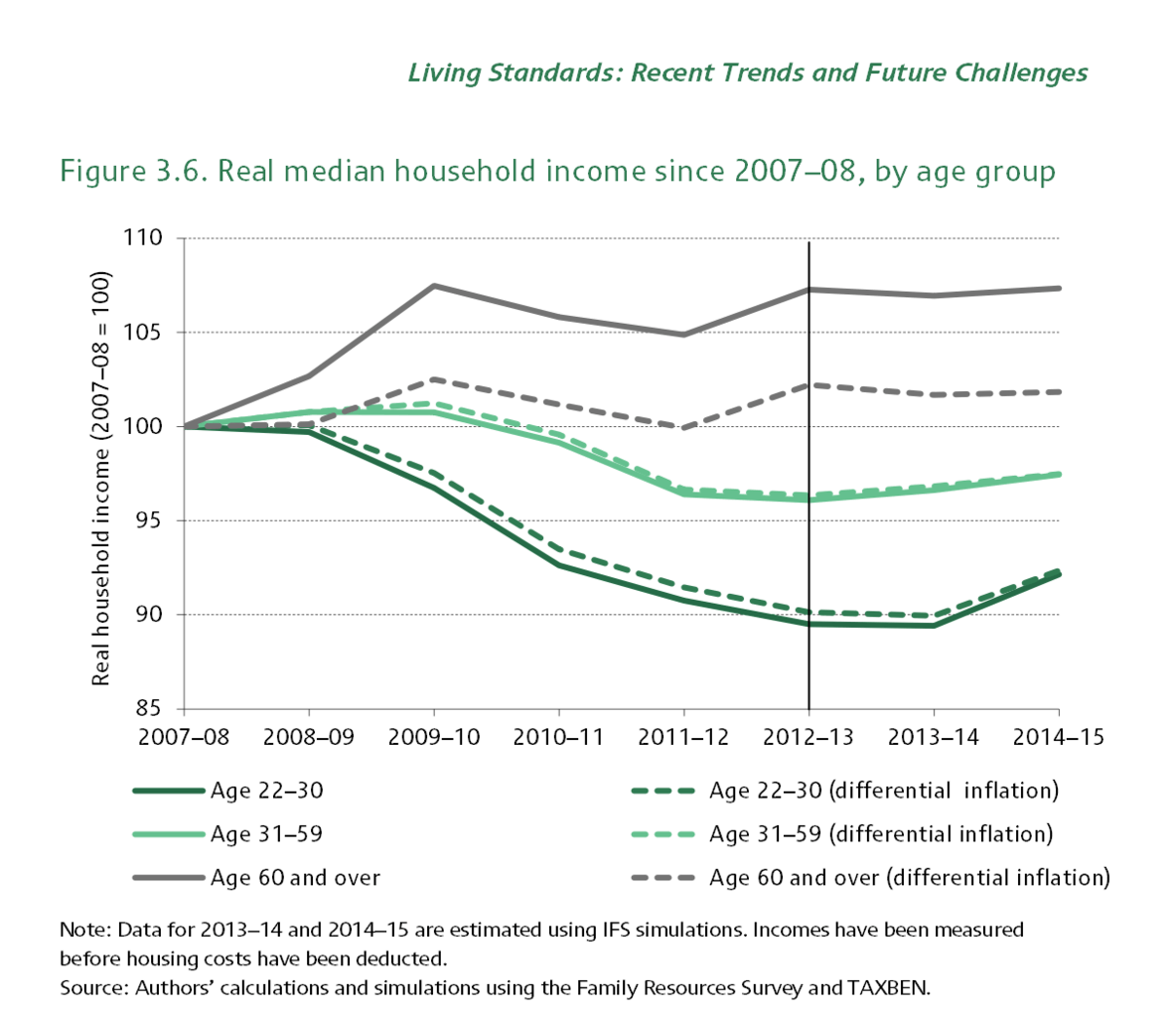The choice is simple: “competence and a clear plan” with the Conservatives, or a “coalition of chaos” with Labour. So says the leaflet just delivered on behalf of my Tory MP, and so every Tory spokesperson has been saying in answer to any question from the media. Clearly this has been a carefully researched formula, since it is part of well-prepared election campaign. That’s a bit strange: since political chaos would certainly follow a Conservative victory – and that would overwhelm any governing competence that they may be able to offer.
The proximate cause of that chaos is easy enough to see: Europe. This starts with the uncertainty engendered by the party’s promise of an in-out referendum by 2017.
Not many people have thought seriously about the consequences of a British exit from the EU. Some predict disaster. Others, like Ukip, suggest that it will unlock a bonanza, allowing more expenditure on the NHS and defence, and tax cuts thrown in. A more cynical view is that if the UK left the EU it would make little practical difference to most people, most of the time. The Ukip view is clearly fantasy; the pessimistic view is a possibility, though the more cynical view is the most probable in the longer term.
But that is to step over the sheer complexity of the exit process. The EU reaches so far into the way the country works that negotiating exit would be a massive undertaking with an uncertain outcome. To get an idea of this the best thing to do is the read the prize-winning entry of the Institute of Economic Affairs’ Brexit prize. The IEA, and the essay’s author, advocate departure from the EU – but they are doing everybody a service by outlining what is involved. The range of outcomes runs from a Norway solution, whereby trading would be little impacted, but the country would still have to abide by many EU rules and contribute to EU funds, to total exit, which would get in the way of much of what we now take for granted. The country does not just have to decide whether it wants in or out, but if it leaves it has to decide what kind of relationship it wants with the rest of the EU. And on top of that the process of exit would be the top item of the policy agenda for government for years following any decision, distracting attention from other matters. Amongst the collateral damage of this might well be the breakup of the United Kingdom itself, as Scotland does not share the scepticism of the EU that the rest of the country does.
The referendum outcome is by no means a foregone conclusion. Much of the British establishment favours staying in the EU, and opinion polls show a comfortable lead for staying in. But powerful forces range against it, including most of the country’s influential press, and exit fits the sour political mood of much of the electorate. So chaos and uncertainty would not only follow an exit vote: it would affect the country in the lead-in period. Both domestic and foreign businesses would be tempted to defer investment until the outcome was known – undermining the economic recovery.
But that is not the half of the problems a Conservative government would face. The party itself would be riven from top to bottom. Euroscepticism runs to obsessive levels amongst the party’s grass roots, and increasingly in its parliamentary party. This was on show until quite recently, with repeated rebellions by Tory backbenchers, two of whom defected to Ukip. But much of the party’s respectable wing, including its leader David Cameron, are more pragmatic. Their plan is to present a claim that they have renegotiated Britain’s relationship with the EU, and that the loss of sovereignty has been moderated. And yet such claims will rest on weak foundations. It is now clear that there will be no revisions to the EU treaties. These have become so difficult to push through that only a deep sense of crisis makes that idea feasible. For now, though, the EU has avoided such a deep crisis, and it has shown strong survival instincts. The EU is changing in a manner that suits British wishes – but not as a result of any renegotiation process that Mr Cameron can take credit for.
This would only make Tory divisions worse. There would be against Mr Cameron’s leadership; it is quite possible that he would be ousted as party leader. More moderate Conservatives could be forced out. Or if the moderates keep the party machinery under their control, there could be mass defections to Ukip. There will simply be no middle ground around which to rally the party. The coalition that is the Conservative party would surely fragment. Such goings on would affect all areas of government. Chaos would not be a bad description of it, and “coalition of chaos” not a bad description of the party itself.
Conservatives like to invoke the 1992 election, when they, under John Major, fought off a strong challenge from Labour to win an overall majority – defying pundits and opinion polls. This blog has made drawn such parallels itself – Labour was likewise undermined by doubts over its economic competence, and its leadership in general. But people would do well to remember what happened next. John Major’s government was perhaps the most disastrous for the party in its history. It suffered its most severe defeat ever in 1997, and has never been able to secure a majority since. Mr Major could not control the party’s Eurosceptic wing, and the whole government suffered drift as a result. Since then the Eurosceptics have grown in strength and confidence; the referendum issue will be yet more polarising. Matters will be much worse.
And yet few commentators on Britain’s election seem to understand any of this (the Economist’s Bagehot column is an exception). Such is the strange culture of denial and short-termism that stifles British politics.


